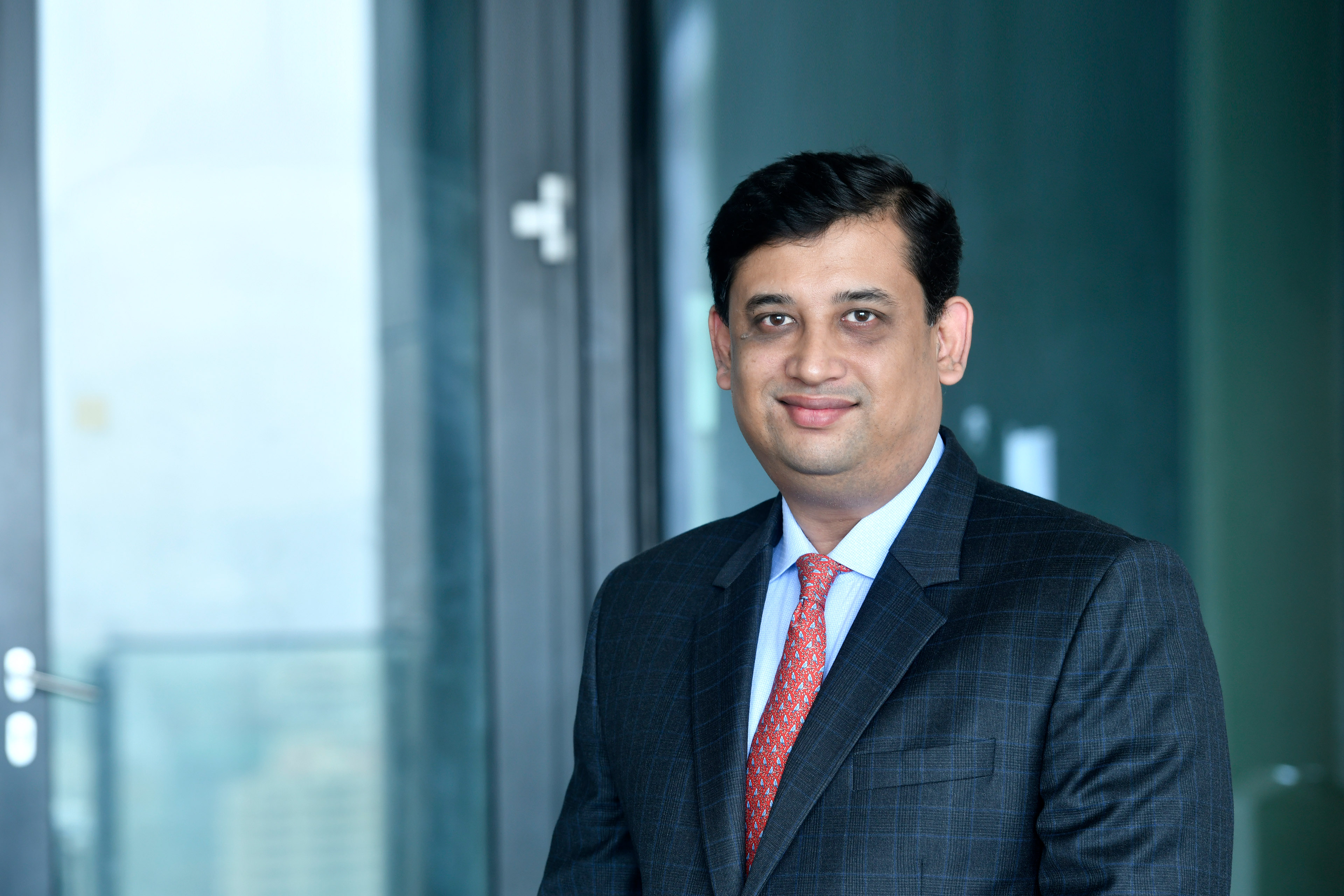EY refers to the global organization, and may refer to one or more, of the member firms of Ernst & Young Global Limited, each of which is a separate legal entity. Ernst & Young Global Limited, a UK company limited by guarantee, does not provide services to clients.
Understanding AI – How it is changing the world of taxes
In the first episode of the podcast on Generative AI (GenAI) and its transformative potential in the world of tax, Rahul Patni, Digital Tax Leader, EY India and Divyesh Lapsiwala, Partner, Indirect tax, EY India breaks down the difference between GenAI and earlier technologies, highlighting its ability to democratize tech knowledge and simplify complex tasks. He also shares real-world use cases, such as data analysis and legal research, where GenAI can enhance productivity and work quality. Rahul also underscores the significance of human involvement, as GenAI is currently assisting with tasks that are either routine, repetitive or time-consuming. Join as we explore the evolving roles of tax professionals in a GenAI-driven future.
Key takeaways
- With prompt engineering, GenAI enables tax professionals to perform complex tasks in a simple and effective manner.
- GenAI has the ability to significantly enhance productivity and accuracy in data analysis, legal research, and litigation processes in tax.
- While GenAI can be a co-pilot or digital assistant for tax professionals, human oversight remains crucial for validation and decision-making in tax applications.
GenAI can prove to be a powerful tool for tax professionals, helping them automate tedious tasks and empowering them to focus on strategic decisions.
Rahul Patni
Partner and Digital Tax Leader, EY India
For your convenience, a full text transcript of this podcast is available on the link below:
If you would like to listen to our podcasts on the go:
Podcast
Episode 01
Duration
14m 22s
How EY can help
-
Digital tax strategy at EY helps tackle key challenges using tax technology and big data to build a future ready & efficient tax operating model.
Read more -
EY Tax Technology and Transformation team helps manage digital tax data, ensure regulatory compliance, and drive decisions with intelligent analytics.
Read more -
Ensure seamless GST compliance with EY DigiGST. Simplify GST reconciliation with our advanced GST compliance solution & tool for accurate tax reporting.
Read more




